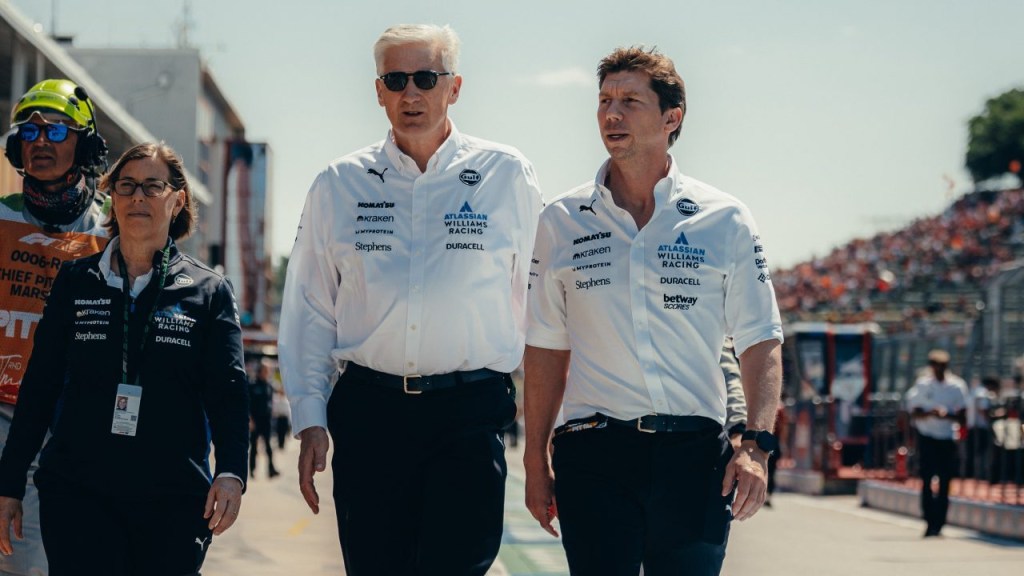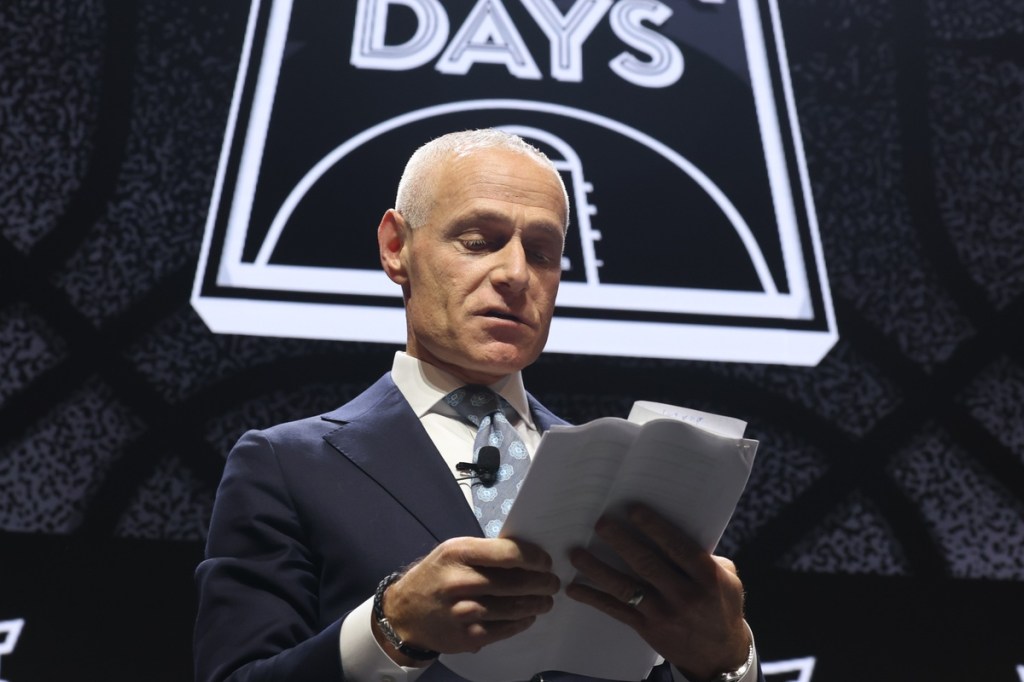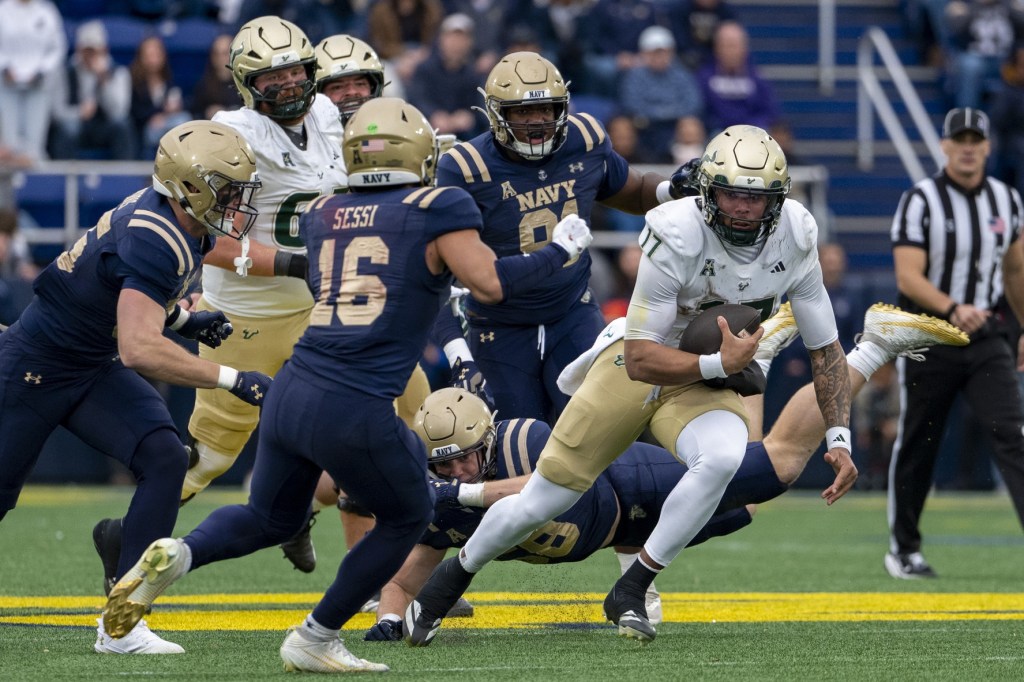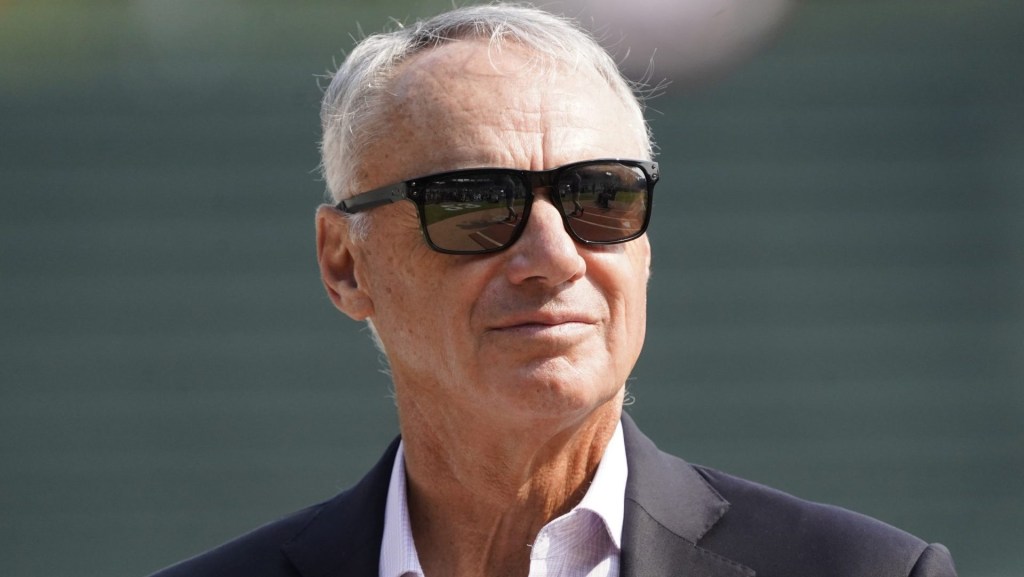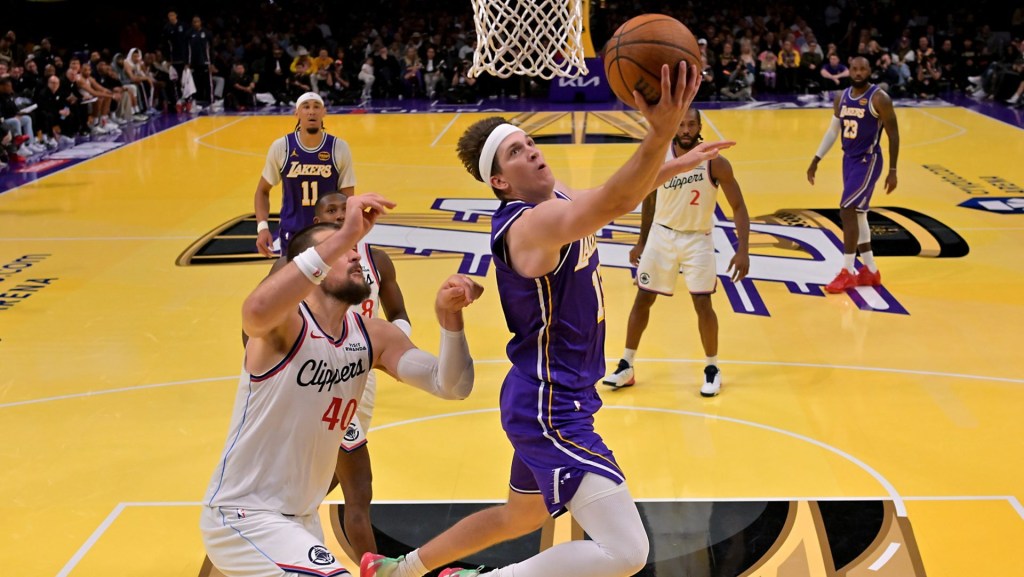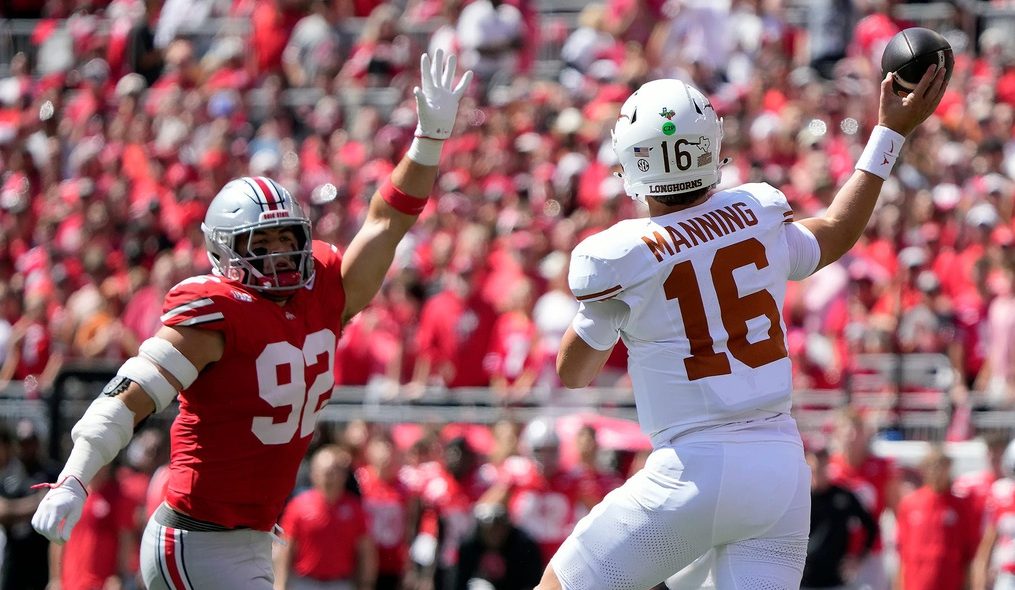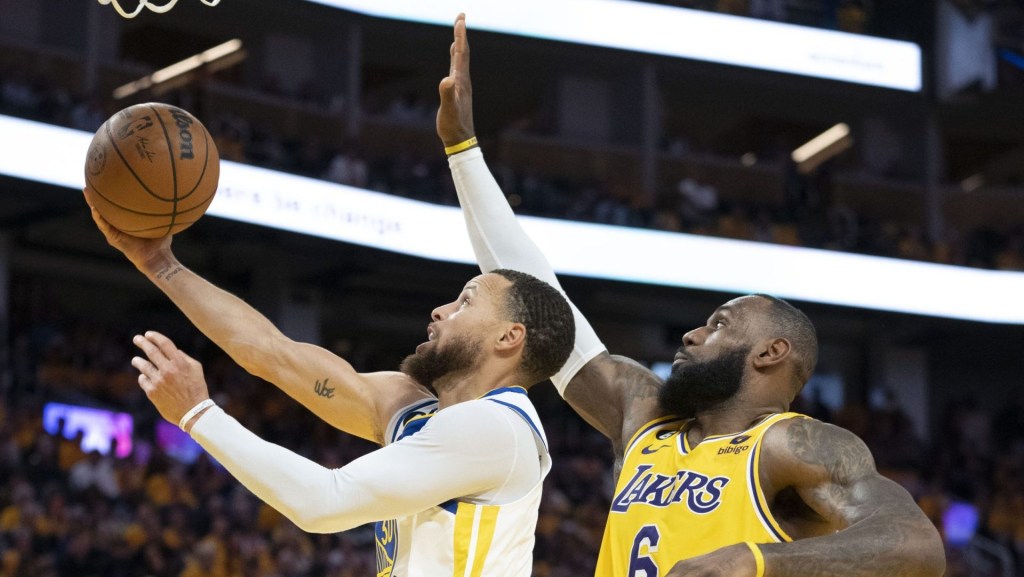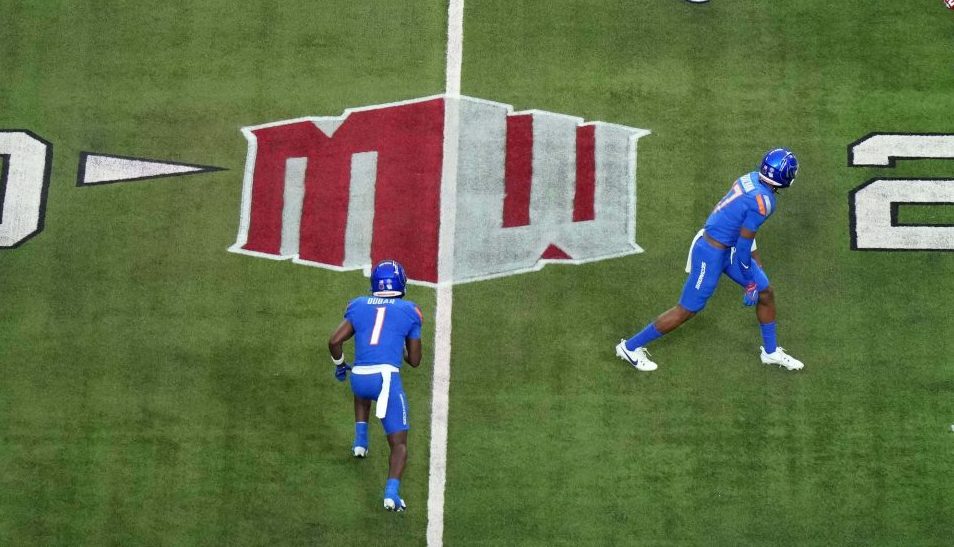By: Victor Cruz, @_CruzVictor

Antoine Walker, Vince Young, Terrell Owens, Mike Tyson, Ric Flair — what do all these athletes have in common? They have all lost the majority of wealth they earned during their careers (June 4, 2012 issue of Sportsnet). An athlete ending up broke after their playing career is a very important issue for those of us working in the sport industry.
First, it’s important to understand that athletes are human beings, who tend to base their loyalty and more importantly, their trust on feelings. Athletes may trust people based on how much they “like” them or how much they relate to them. However, liking someone does not always mean that person is qualified in a specific field or more importantly has an athlete’s best interest in mind.
In my experience working with athletes, the problem occurs when athletes decide who will manage their finances based on an emotional attachment, rather than making a smart business decision. Athletes consistently face being bombarded by all types of service providers looking to manage their finances. How do they choose one? Often their decision is based on who they “like” the most instead of treating like a business decision; with careful due diligence and research, they often resort to the method used for choosing friends. By doing so, they roll the dice as to whether the individual/firm they “like” is also good at what they do.
Under the umbrella of “Financial Advisor” & “Personal Business Manager” , there are many different companies with varying business models and even the most well-educated athlete can have a difficult time navigating through this crowded field. Most athletes are not well versed in wealth management. They are intelligent, but if they don’t come from wealth, they simply have never been exposed to such things as estate planning, powers of attorney, living trust, tax planning, etc. Wealth management is not simply having funds in an investment account and paying monthly expenses, but ensuring that those investments are producing at their optimum capabilities, that service providers are not charging you exorbitant fees, that every purchase decision is well informed and that you as an athlete understand financial ramifications of such decisions.
The companies in this field are in it ultimately to make money. As soon as the athlete understands that point the better they will be. Personal finance service providers are just that, paid to provide them a service. Athletes should want the highest level of service from professionals with a solid background and reputation.
It is the responsibility of those working as athlete advocates to help them become well-educated on the different business models that exist, the athlete’s need to formulate long-term goals for their wealth, and the need to treat the process of selecting a Financial Advisor/Personal Business Manager like a cold, calculated, non-emotional business decision. By doing so and making sure they have a well-planned financial checks and balances system in place, they will be better protecting their wealth and ensuring their financial well-being.

